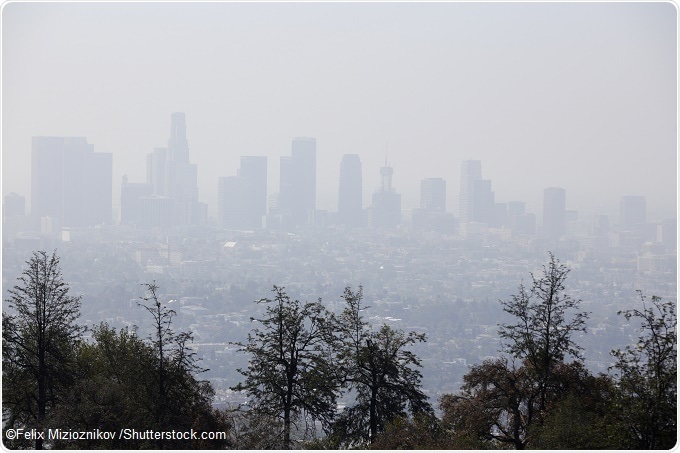A new study has demonstrated an association between cancer incidence and poor environmental quality across U.S. counties.
In counties where exposure to harmful environmental factors is highest, cancer rates are also highest, particularly the rates of breast cancer and prostate cancer.

The findings may lead to a reduction in cancer incidence by helping officials to identify regions where people are most at risk so that policies can be put in place to lower pollution levels.
As reported in Cancer, a journal of the American Cancer Society, Jyotsna Jagai (University of Illinois at Chicago School of Public Health) and colleagues looked at hundreds of environmental variables based on the U.S. EPA’s Environmental Quality Index. They also gathered information on cancer rates from the National Cancer Institute's Surveillance, Epidemiology, and End Results Program State Cancer Profiles. Data on cancer incidence were available for 85% of the 3,142 counties.
The average annual age-adjusted incidence rate for all types of cancer was 451 per 100,000 people. For counties with a low level of environmental quality, there was, on average, an additional 39 more cases per 100,000 people, compared with counties that had a high level of environmental quality. The increase applied to both males and females and the strongest associations were observed for prostate cancer and breast cancer.
High levels of air pollution and features of the built environment such as major highways and the availability of public transit, were the risk factors most strongly associated with cancer incidence.
Previously, research into this area has mainly focused on single environmental factors such as air pollution or water toxicity, explains Jagai. However, these single factors “may not be as helpful in predicting cancer risk, which is impacted by multiple factors including the air you breathe, the water you drink, the neighborhood you live in, and your exposure to myriad toxins, chemicals and pollutants."
The authors say that as far as they are aware, this is the first study to address the impact of cumulative environmental exposures on cancer incidence and it “underscores the potential for social and environmental improvements to positively impact health outcomes.”